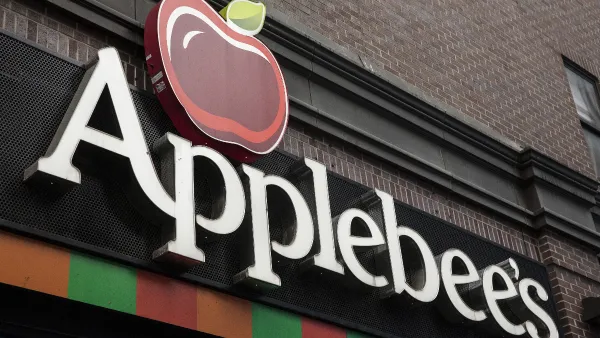Consumers are still interested in premium ingredients and transparency on the when choosing where to go and what to order when dining out. To earn the trust (and repeat business) of their guests, it's necessary for operators to equip staff with menu talking points so they can clearly communicate these claims. But it isn't enough to simply communicate premium attributes on the menu. Servers and other customer-facing staff must be coached on those qualities—and why they're important.
The list of premium attributes consumers care about is always evolving. But it typically includes sourcing matters such as sustainability and animal welfare–– such as No Antibiotics Ever and a 100 percent vegetarian diet. Teaching staff how to be transparent about their operation's offerings won't go unnoticed by the guests they serve. In fact, transparency continues to be important to consumers, with 77 percent wanting to know more about their food's supply chain. The same Datassential research shows that premium menu claims such as raised in the USA, no antibiotics, no artificial ingredients, and non-GMO are still important to them.¹
In light of these consumer priorities, servers must know—and be able to communicate—such terminology as No Antibiotics Ever, all-natural,* clean label, no added hormones and humanely raised. Operators are already embracing No Antibiotics Ever as a differentiator: In the past four years, No Antibiotics Ever menu claims have increased 219 percent.²
As an operational bonus, consumers tend to find it easier to justify paying higher prices when they're aware of these valued qualities. In fact, 73% of consumers are willing to pay more for transparency on the menu.³ Train servers to communicate premium qualities using these tips—and watch your profits rise.
Make Training Visual and Interactive
Different people like to learn in different ways. Text-based training manuals are a helpful reference, but they aren't particularly engaging. Supplement text with slideshows, infographics and other visual formats to communicate the company's premium-ingredient values to staff in ways they'll remember.
Dedicate another portion of the training to menu sampling, choosing items with the premium ingredients you have discussed. While they eat, discuss what they could tell customers about the meat in that dish, such as that the chicken was fed a 100 percent vegetarian diet (and why that's important). Follow up the menu sampling with role-playing to reinforce the information just shared. Pair managers or experienced waitstaff with newer servers, taking turns being the questioning customer and the knowledgeable server.
Create an Easy-to-Access Selling Points Reference Tool
No matter how thoroughly you train your waitstaff on premium qualities, it's nonetheless helpful to post key points in the back of the house and to circulate them on reference cards that servers can carry in their pockets. This approach will also help you define your value statement messaging more succinctly, making it easier to remember.
Panera Bread, for example, actively promotes the fact that its food is 100 percent clean––free from artificial preservatives, sweeteners, flavors or colors from artificial sources. The company even makes its 'No No List' available to customers on its website.⁴ Selling points such as these could easily be broken out into bulleted back-room and pocket-card talking points.
Encourage Upselling
If you already have a server incentive program to reward upselling, include contests for selling key items with premium ingredients. The prizes, distributed weekly or monthly, could include free meals, gift cards, parking spots or a cash bonus. Not only will this create a stir among staff, it can help increase your profits.
Don't leave the communication of your core value of sourcing premium-quality ingredients to chance. Effective waitstaff training and incentivization will ensure that your message makes it to the table, where guests can and will appreciate your efforts.
¹ ONE TABLE: Consumer Insights and the Path Forward, Datassential, May 2020
² MenuTrends, Datassential, January 2019
³ Proprietary Perdue Consumer Study, June 2017
⁴ Food Promise: Clean Ingredients, Panera Bread, August 2019
*Minimally processed. No artificial ingredients.










